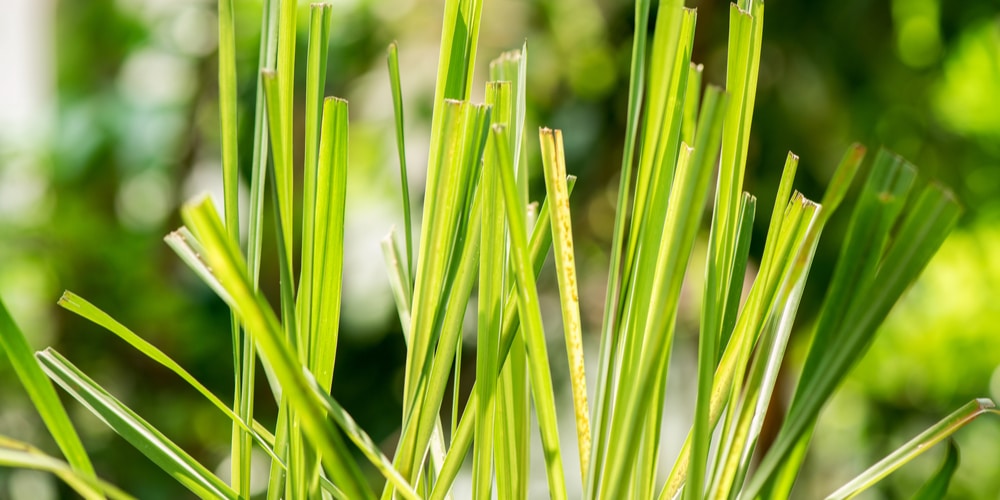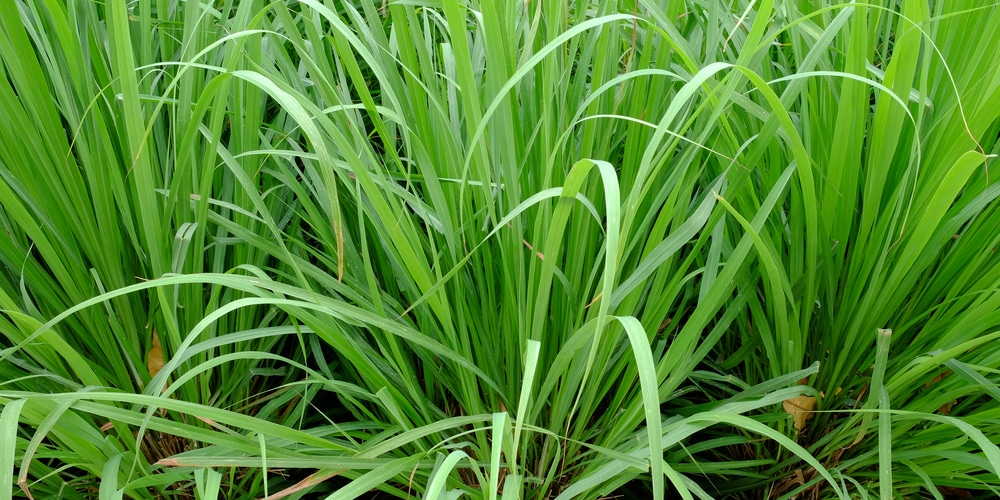Lemongrass has a wide range of benefits that make most gardeners plant it in their yards. It is a good spice used by many people who wish to add a minty flavor to their meals. Lemon grass also has a wide range of health benefits and also acts as a repellant to many bugs and unwanted insects.
Whether or not honey bees love lemongrass is quite a challenging question to answer since bees are attracted to flowers, yet lemongrass is just grass with no showy flowers.
If you find bees on lemongrass, you may fail to understand why they are there. This also triggers the zeal to know why essential lemongrass oil is widely used in bee harvesting.
If you have lemongrass in your garden, it is rare to see bees near the lemongrasses. Considering its scent, you may wish to know if the lemongrass attracts bees or not.
It is generally believed that honey bees love the sweet fragrance produced by certain plants. Read on to find out what lemongrass features attract bees, why its essential oil is key in bee harvesting, and much more about lemongrass and bees.
Does lemongrass attract bees
The way lemongrass attracts bees is impressive. You will not find a small group of bees on the lemongrass stroke like you are most likely to find on other flowers. With lemongrass, you will get a huge hive of bees buzzing or just silent at one point on the grass stalk.
Lemongrass produces a scented chemical that smells exactly like nasonov pheromone, which worker bees produce while making honey. Since bees are conversant with the smell, they tend to find its source and make hives on the lemongrass leaves.
This scent of lemongrass makes it possible for people to trust lemongrass essential oil when keeping bees. It serves a great purpose in attracting bees into the hive.
How to use lemongrass in bee farming
Since honey bees are attracted to the sweet grassy lemon fragrance, you can use natural grasses or essential lemongrass to lure bees into a beehive. If you wish to get a new bee colony to your new hive, then using essential oils can speed up the process. Lemongrass essential oil is well known to perform effectively on beehives and honey gardens.
If you wish to be successful in bee farming, consider improving the attractiveness of the hives not just by painting but also by adding lemongrass oil or fresh lemongrass leaves.
The most effective use of lemongrass is serving as an attractant to bees by bringing more bees in the box. You can randomly spread a few drops of lemongrass essential oil around the bee bait boxes so that it helps attract several scouts of bees.
Once the scouts identify the boxes, they will help bring the other bees in big swarms to your boxes. However, do not put a lot of lemongrass oil because it will chase away the scout bees, and the bait boxes will not get bees.
Here is a simple recipe to lure bees using lemongrass essential oil
Requirements
- A pan of boiling water
- 0.8 ounce of glass or plastic cup
- ¼ cup of olive oil
- 20 drops of pure lemongrass essential oil
- 3 ounces of filtered beeswax
- A measuring cup, preferably glass
How to prepare the oil
- Put beeswax and olive oil in a measuring cup.
- Place the cut in a pan of boiling water and wait until it melts up completely.
- Putt 20 drops of lemongrass essential oil in the melted mixture and stir well until it is properly mixed up.
- Pour the mixture into either a plastic or glass container and allow it to harden to a point where it can spread easily.
- Spread the paste at different spots on the bee trap without forgetting the entrance point.
Alternatively, you can prepare a mixture of beeswax, lemongrass plant matter, and propolis to make an attractant paint. You can spread the paint on the inner side of the bait boxes and put some at the landing boards and entry points.
Do Honey Bees Like Lemongrass: Conclusion
Hopefully, this article will help you understand why lemongrass and essential oil are used in beekeeping.
Bees love the scent of lemongrass and easily get attracted to it even though it has no flowers. When using essential oil for lemongrass, use pure oil and not synthetic oils.
Related article: Is Lavender Good For Bees?


